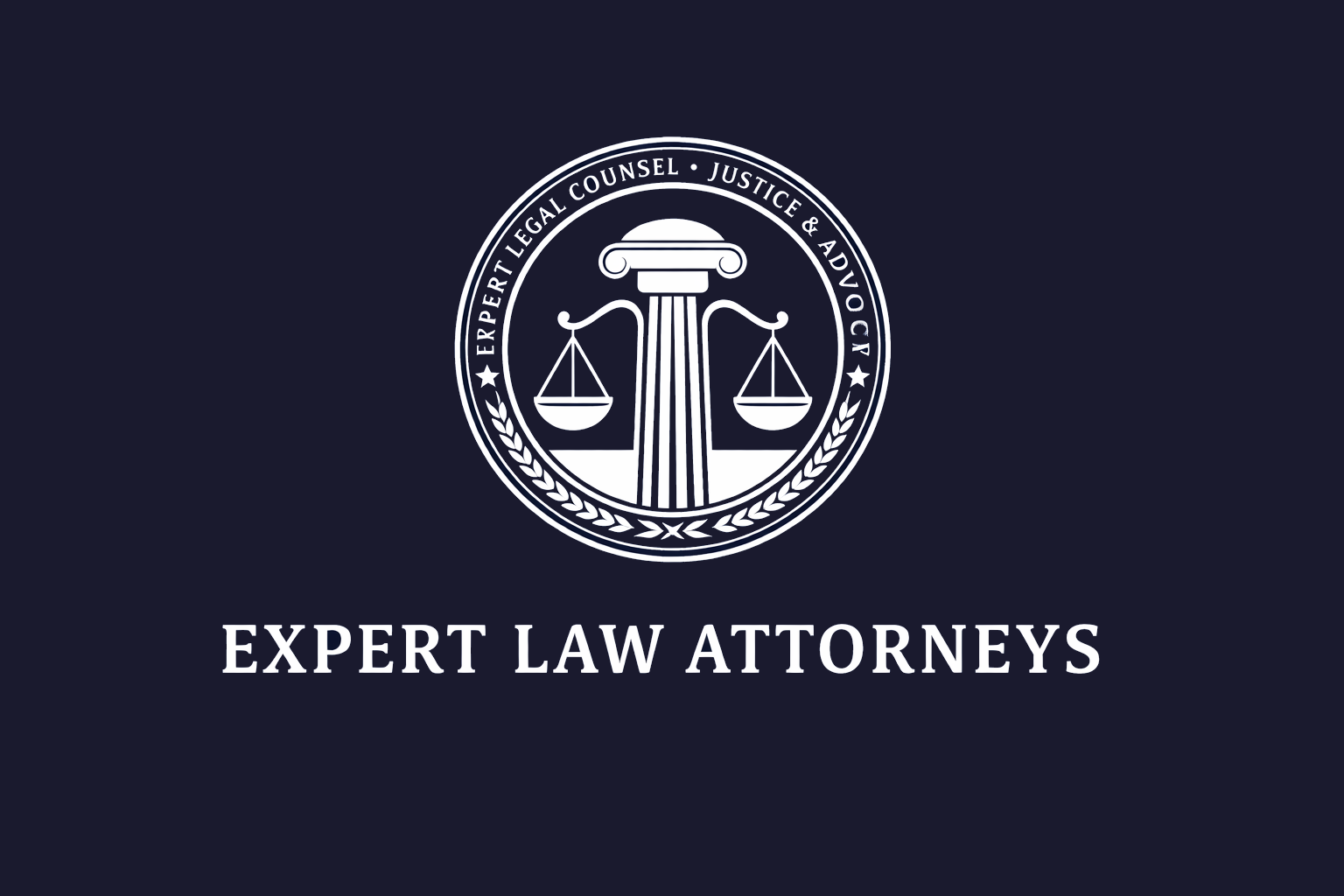The legal industry in 2025 is changing faster than ever. Technology, regulation, social expectations, and global pressures are forcing lawyers, firms, and courts to adapt. What used to be slow, incremental progress has accelerated into rapid transformation. Below are some of the most important legal trends shaping practice today and into the near future.
The rise of generative AI in legal practice
Artificial intelligence has moved from the sidelines into the center of legal work. Law firms are using AI to help draft contracts, conduct due diligence, analyze case law, and even predict litigation outcomes. These tools are saving time, reducing costs, and improving accuracy.
The most notable development is the use of smaller, specialized AI models that can be fine-tuned for particular jurisdictions or practice areas. Rather than relying on massive, general-purpose systems, firms are beginning to adopt tailored tools designed for corporate law, intellectual property, family law, or compliance.
Still, the adoption of AI is uneven. Larger firms may be slower to move due to liability concerns and client sensitivities, while mid-sized and boutique firms are embracing innovation as a competitive advantage. The biggest challenge ahead is not the technology itself, but ensuring ethical use, human oversight, and clear guardrails.
New business models for law firms
Traditionally, the legal profession has operated under strict ownership and practice rules. Today, we are witnessing experiments with alternative business structures where non-lawyers can hold equity or where technology companies partner with legal professionals to deliver services.
These new models are shaking up the industry. They promise greater efficiency, lower costs, and increased access to legal services for underserved communities. However, they also raise questions about professional responsibility, independence, and consumer protection. The tension between innovation and tradition is likely to continue as more jurisdictions test new approaches.
Expanding regulation of digital harms
The explosion of deepfakes, online harassment, and data breaches has forced lawmakers to act. Legislatures are passing stricter rules on how companies must respond to harmful online content, such as nonconsensual images or AI-generated media. Platforms face tighter timelines to remove harmful content, and penalties for noncompliance are increasing.
Privacy law is also undergoing reform. With more states and countries creating their own frameworks, there is a growing push for unified, comprehensive rules that balance individual rights with business needs. The next decade may bring a major federal privacy law, something that has been debated for years.
AI literacy in legal education
Law schools are no longer treating technology as an optional skill. Courses on AI, data analytics, and legal technology are becoming mandatory for new students. This shift reflects client expectations that future lawyers will not only know the law but also understand the tools shaping its practice.
Teaching AI literacy means more than learning how to use software. It involves developing a critical eye for algorithmic bias, privacy risks, and ethical considerations. Graduates who enter the profession without these skills may find themselves at a disadvantage in a marketplace that prizes efficiency and innovation.
The return of the specialist firm
Large firms have long dominated the market, but boutique firms are seeing renewed momentum. Experienced litigators and transactional lawyers are leaving mega-firms to start specialized practices where they can focus on select clients and cases.
This trend reflects a growing appetite for agility. Clients want lawyers who understand their industries in depth and can move quickly without the overhead of a massive organization. Specialized firms are also more willing to take on cases that big firms might avoid due to conflicts of interest or reputational risk.
Legislative shifts reshaping practice areas
Recent laws in areas like immigration, tax, and corporate governance are driving new demand for legal expertise. For example, heightened scrutiny of corporate transactions and cross-border dealings has increased the need for compliance counseling. Changes in tax laws are prompting both individuals and businesses to revisit their planning strategies.
In addition, laws targeting artificial intelligence, consumer data, and online safety are creating entirely new practice niches. Lawyers who position themselves at the forefront of these issues stand to become trusted advisors in areas where rules are still forming.
Ethics and the concept of law-aligned AI
A fascinating development is the exploration of law-aligned AI. These are systems not just trained to follow commands but designed to reflect legal norms and obligations in their decision-making. The idea is to create technology that inherently respects principles like fairness, due process, and accountability.
This concept is still theoretical, but its potential impact is enormous. If AI systems can act within legal frameworks by design, it could transform compliance, regulation, and even dispute resolution. At the same time, it raises deep philosophical questions about who is accountable when technology interprets the law on its own.
Looking ahead
The legal profession is entering a period of profound change. Some of the trends reshaping the industry—AI adoption, new business models, data regulation, and specialized practice growth—are already well underway. Others, like law-aligned AI and comprehensive privacy reform, are just beginning.
For lawyers, the message is clear: adaptability is now a core professional skill. Firms and practitioners who embrace innovation, learn continuously, and maintain ethical responsibility will thrive in this new environment. Those who cling too tightly to tradition may find themselves left behind as clients demand faster, more transparent, and more technology-driven solutions.
